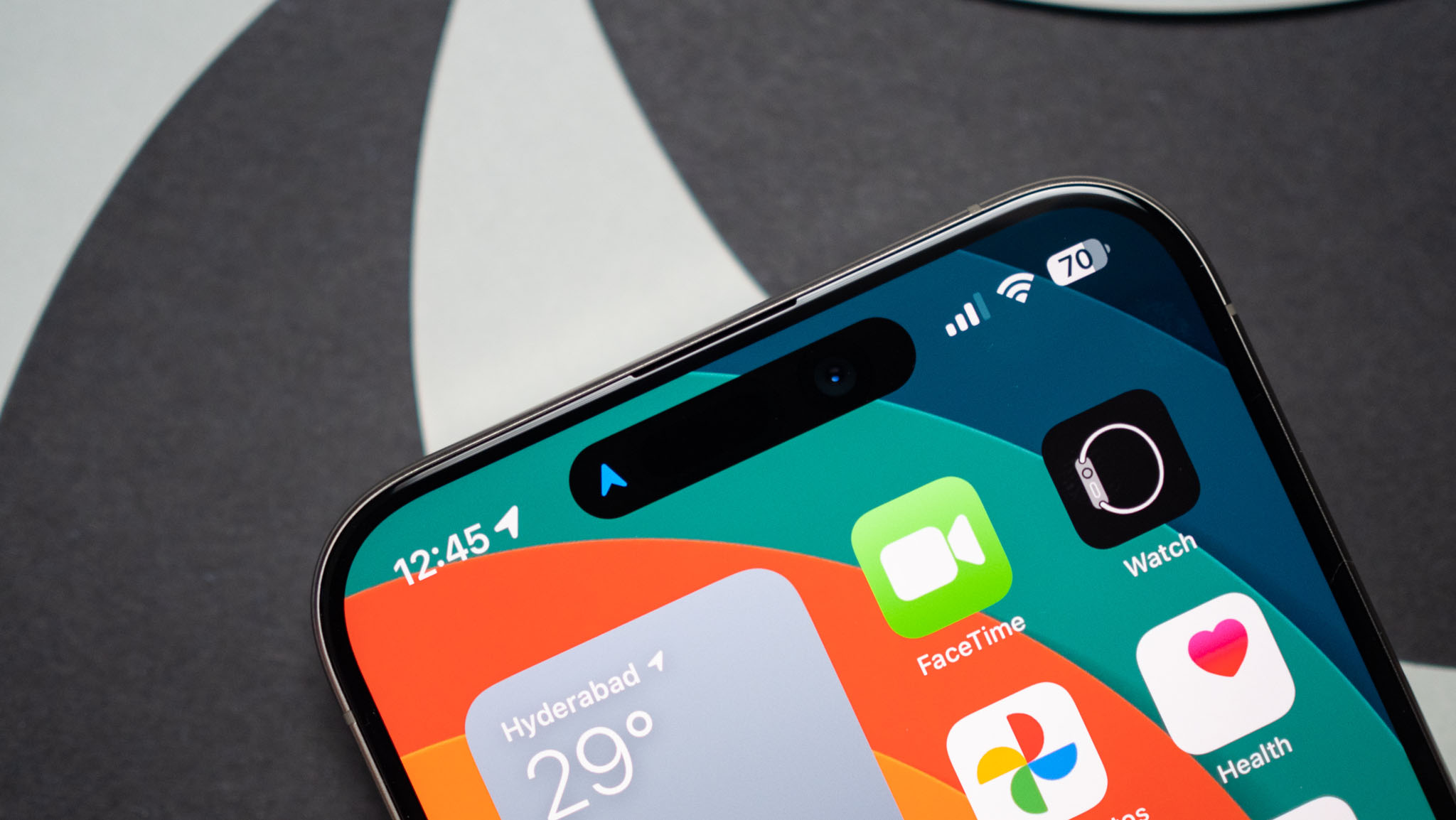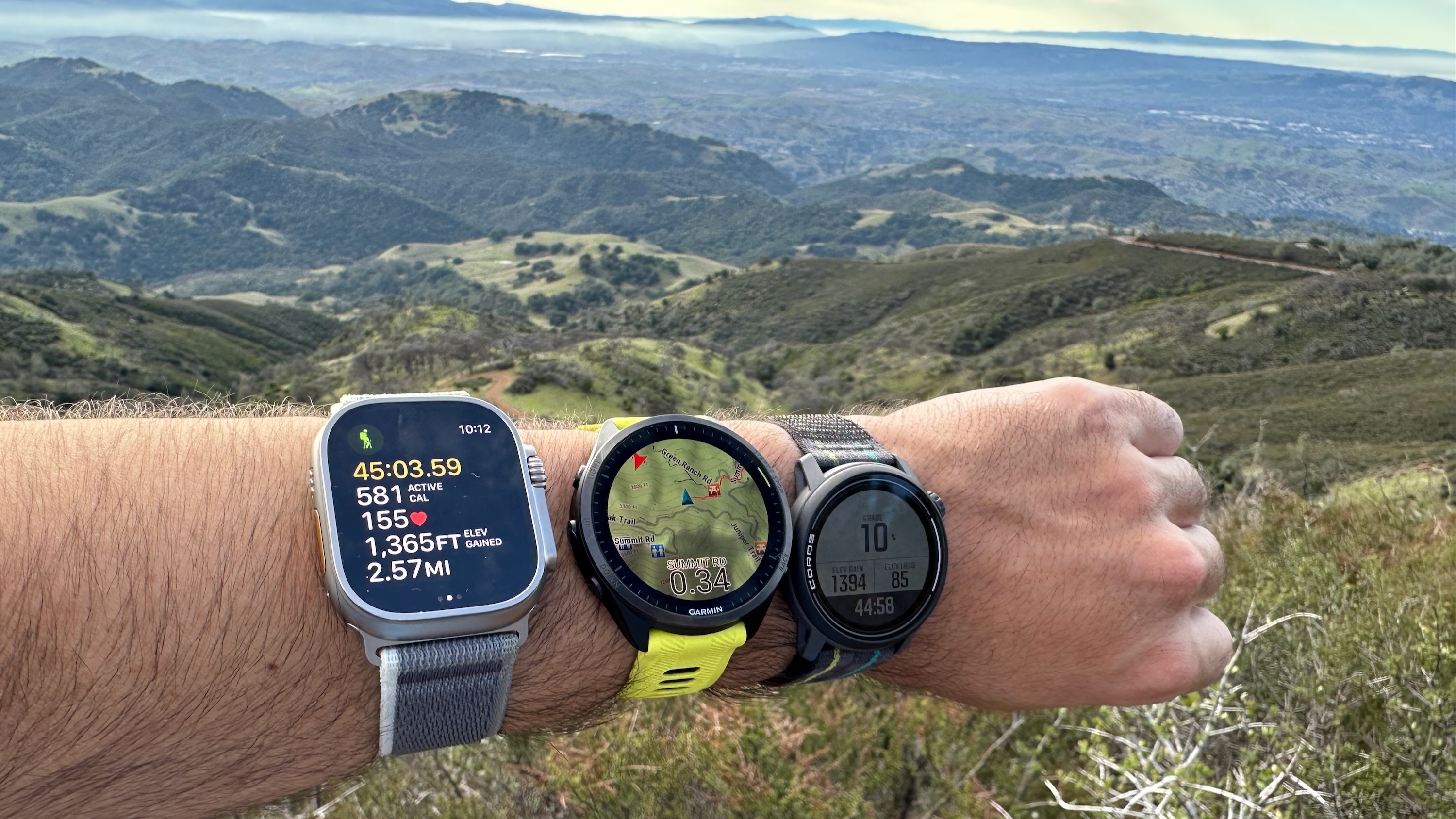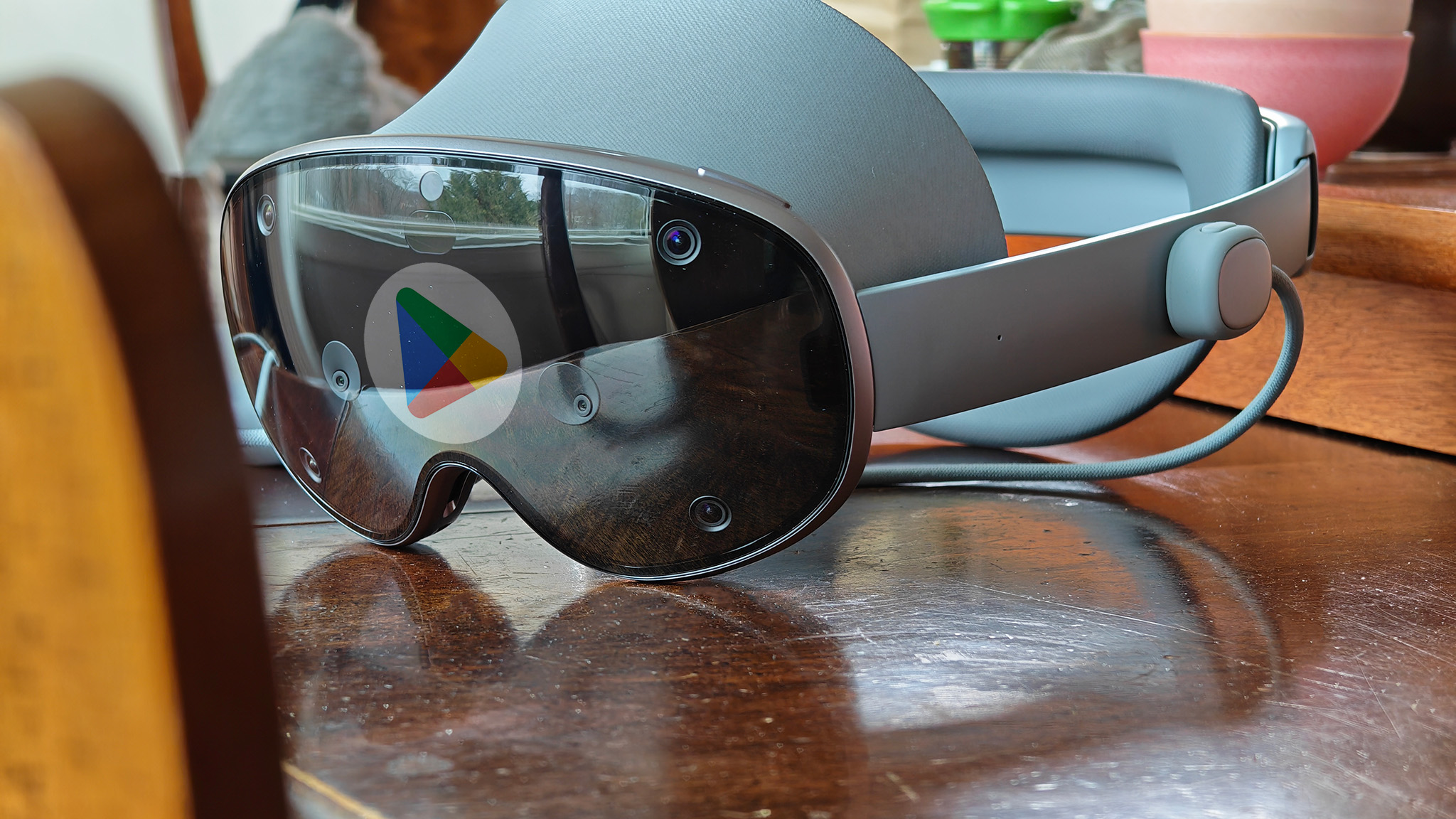What Apple can learn from Google and Samsung about AI
Apple is playing catch-up, but it should take note.

Get the latest news from Android Central, your trusted companion in the world of Android
You are now subscribed
Your newsletter sign-up was successful
AI isn't some futuristic buzzword anymore. It's making our phones smarter, more helpful, and frankly, more fun. Artificial Intelligence can do things like filter your calls and automate your life, and Samsung's new Galaxy S24 takes it to another level with AI that helps you write and do amazing things with the camera. Like it or not, AI is now a phone feature that has to be inside every high-end model.

One of the web's longest-running tech columns, Android & Chill is your Saturday discussion of Android, Google, and all things tech.
Apple knows this. According to rumors and leaks, iOS 18 will not only revamp the App Store, allowing third-party alternatives, but also introduce several new generative AI features and a Siri 2.0 powered by Large Language Models like Google Gemini or ChatGPT. This could help catch up to what we're seeing from Google and, more importantly, Samsung.
Apple's not doing this because it wants to do it. It has to do it. According to KGI Security's Ming-Chi Kuo, considered to be one of the most reliable voices when it comes to Apple's future, the lack of AI features means iPhone sales will decline by 10-15% in 2024. Meanwhile, those same features mean Samsung will sell more phones than last year.
"It is expected that Apple will not launch new iPhone models with significant design changes and the more comprehensive/differentiated GenAI ecosystem/applications until 2025 at the earliest. Until then, it will likely harm Apple's iPhone shipment momentum and ecosystem growth."

Apple isn't used to being in this position. Not caring what the competition is doing is almost an Apple trademark; the company relies on brand loyalty and a so-called "reality-distortion field" that convinces consumers they don't need any feature not present on an Apple device. A potential loss of revenue changes that — Apple has to follow Google and Samsung's lead here.
It's the right time to do it, too. I don't use an iPhone, but I will come right out and say they seem like a great choice in a lot of ways. One of those ways is Apple's caution when it comes to data privacy. Now that developers have figured out how to do so much AI processing locally on the phone itself instead of sending everything off to a cloud server, Apple's ultra-powerful phone chips are ready to see some use. That's a win for both privacy and performance.
If the rumors are true, and I think they are, things could get interesting.
Get the latest news from Android Central, your trusted companion in the world of Android
There is no reason why Apple can't replicate exactly what Samsung and Google are doing. If the company execs don't want to shell out a few of its billions on R&D or hire people who already know how it's done, it could simply partner with Google or another company in the same way Samsung has done and let the heavy lifting happen in Mountain View or elsewhere. If Apple had wanted, we would have already had these features on the iPhone.
Not seeing them means Apple decided to go its own way and wait until it was ready — or forced — to add AI features to its software. As we've seen before, this could all be part of the plan.

Apple's camera is already great, but imagine AI-powered photo editing that suggests improvements, removes blurry faces, or even creates stunning artistic effects. Yes, we already see this from other smartphone makers, but when Apple does it, iOS users will find it magical — provided it works as expected.
And don't get me started on health and fitness – personalized insights, real-time coaching, and even proactive health monitoring powered by AI would be a game-changer for Apple Watch users. It doesn't matter what the competition can do — what matters is that Apple gets it right the first time.
By taking its sweet time to release an AI-powered iOS, Apple can probably skip most of the bugs and silliness we see from ChatGPT or Google Bard Gemini. Getting it right the first time is something Google and Samsung aren't good at because the focus is on developing and providing new features instead of waiting while someone else figures it out.
A new Siri or an AI-powered camera may not be enough to pull users away from Samsung or Google, but they will go a long way to keeping billions of people locked into Apple's ecosystem. That's what matters — retention is more important than growth. But it could be enough to swing the needle a little bit in Apple's favor, which is even better.

Jerry is an amateur woodworker and struggling shade tree mechanic. There's nothing he can't take apart, but many things he can't reassemble. You'll find him writing and speaking his loud opinion on Android Central and occasionally on Threads.
